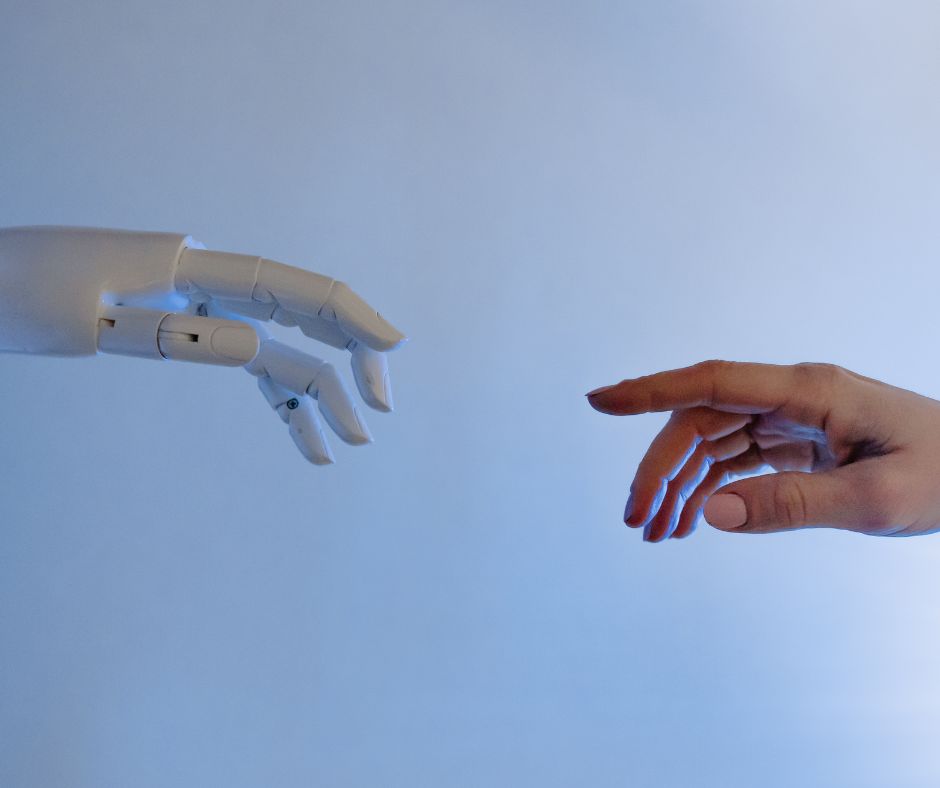In a world where technology shapes our daily lives, the music industry is not left untouched by the transformative power of Artificial Intelligence (AI). This blog aims to unravel the role of AI in music creation, production, and its potential future impact. Let’s dive into the nuances of this technological symphony.
Understanding AI:
Artificial Intelligence, or AI, is a branch of computer science that empowers machines to perform tasks requiring human-like intelligence. There are four main types of AI: Reactive Machines, Limited Memory, Theory of Mind, and Self Awareness. Each type serves a unique purpose, from recommendation algorithms in streaming services to the potential understanding of human emotions.
AI in Music Creation:
The music industry has long embraced AI, with platforms like Spotify using it to curate personalized playlists. Recently, Spotify announced plans to offer a customized “DJ in your pocket” experience, revolutionizing how listeners discover and enjoy music. Additionally, AI has been used to recreate the sounds of deceased artists, even enabling holographic concerts for an immersive experience.
AI’s Role in Music Composition:
For musicians facing creative blocks, AI can be a valuable ally. Software like David Cope’s Experiments in Music Intelligence (EMI) assists artists in composing music by leveraging existing patterns and styles. While AI currently relies on input from humans, the future holds potential for real-time AI composition for less emotionally engaging content, like commercials.
AI in Music Therapy:
Music therapists can benefit from AI in areas such as tempo and rhythm creation, streamlining their creative process. However, the lack of self-awareness and emotional understanding in AI poses challenges for more nuanced aspects of music therapy. Ongoing research explores how AI can further enhance the therapeutic potential of music.
Addressing Concerns:
The integration of AI in the music industry raises concerns about job security and copyright issues. While fears of AI replacing human musicians persist, it’s crucial to view AI as a tool that complements human creativity rather than a threat. Copyright challenges arise, especially when AI replicates the voices of deceased artists, sparking legal debates.
Looking Ahead:
The future of AI in music holds exciting possibilities. Researchers anticipate AI’s ability to compose real-time music for non-emotionally engaging purposes, such as advertisements. As technology advances, AI continues to shape the music landscape, providing endless opportunities for artists, producers, and listeners.
Artificial Intelligence has become an indispensable force in the music industry, influencing composition, production, and the overall listening experience. While challenges and concerns exist, the collaborative potential between AI and human creativity opens new doors for innovation. As we navigate this harmonious blend of technology and music, the future promises a symphony of endless possibilities. Embrace the journey, and let the music play on!

